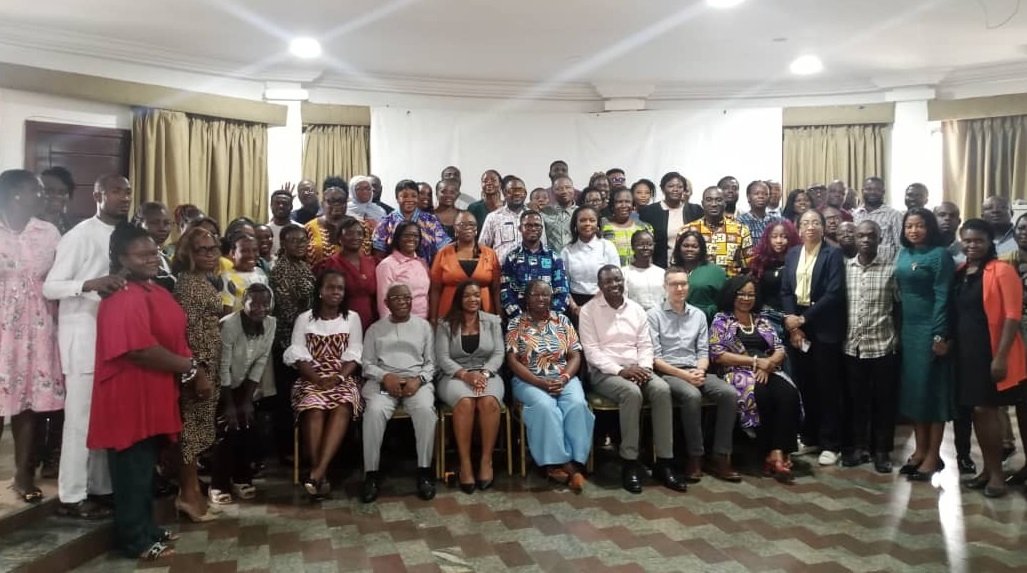The government has been urged to place greater emphasis on Community -based Health Planning and Services (CHPS) facilities in underserved urban areas, as a means to improve health outcomes for the urban poor.According to the Community-Led Responsive and Effective Urban Health Systems (CHORUS), strengthening CHPS in cities holds immerse potential to address health inequalities in fast-growing urban communities.Speaking at a media capacity-building workshop and stakeholders' forum in Accra, Professor Irene Agyepong, Chief Executive Officer of CHORUS, said that while CHPS compounds have been widely successful in rural areas, their potential remains underused in urban settings due to several structural and awareness barriers."Pharmacies and drug stores are currently the most common first point of care in urban communities, while CHPS compounds remain the least utilized," Prof.
Agyepong disclosed, citing findings from CHORUS Phase I and II research.She explained that high population density and infrastructural limitations in urban areas have made it difficult to establish and maintain CHPS compounds, despite their effectiveness in improving healthcare delivery in rural Ghana where formal health facilities are sparse.The Chief Executive Officer said CHORUS research, conducted in four urban municipalities-La-Nkwantanang Madina, Ashaiman, Ayawaso East, and Ayawaso North-revealed several concerning trends. Among them she said was CHPS compounds are rarely used, with most urban residents seeking care from private pharmacies or maternity homes, public awareness of CHPS generally limited to child welfare services, with little understanding of its broader preventive and promotive health functions, particularly for non-communicable diseases (NCDs).Others were only 19.8per cent of households reported receiving a home visit from a Community Health Officer (CHO) or Community Health Nurse (CHN) within the past six months, many CHOs and CHNs lack essential logistics and training in emerging urban health concerns such as NCDs, mental health, and family planning.Despite these challenges, Prof.
Agyepong expressed confidence that the CHPS model can be adapted successfully to urban environments with the right interventions."With targeted investment, logistics support, community engagement, and sustained public education, we can replicate the rural CHPS success story in urban Ghana," she stated.She also emphasized the importance of the media in shaping health behaviours and bridging the communication gap between communities, policymakers, and researchers."The media plays a key role in translating research findings into relatable messages that empower citizens.
You are vital partners in promoting urban health," Prof.

